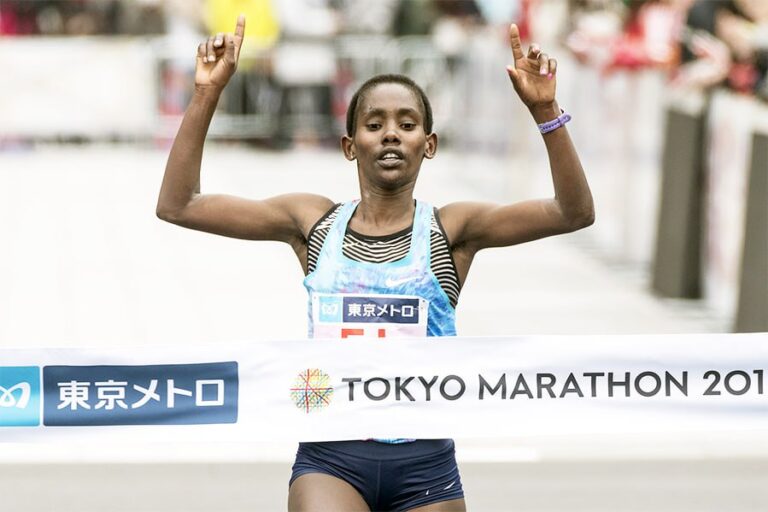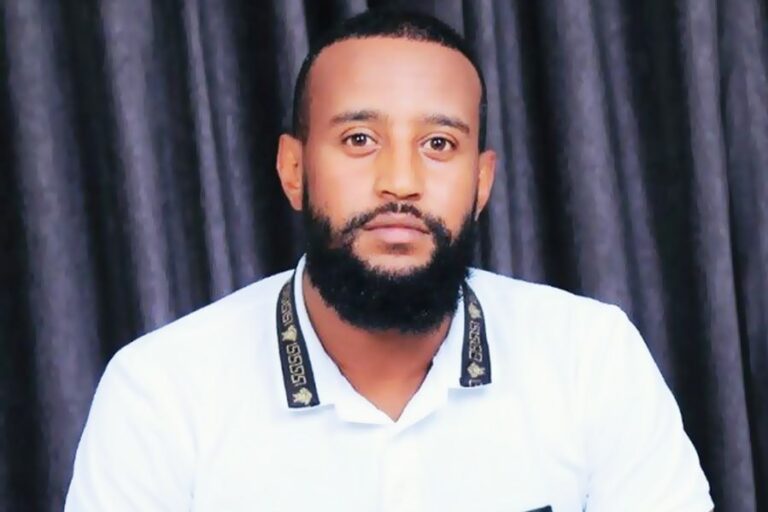A Jamaican teenager has made history by breaking Usian Bolt’s world record in the Under-17 400m event.
Nickecoy Bramwell has shattered the eight-time Olympic gold medallist’s time by 0.07 seconds. “I just took my mind off it and focused on the record.”
Bramwell, who is still a student at Calabar High in Kingston, looks set to follow in the steps of greatness after breaking one of Bolt’s records. The world’s fastest man, Usain Bolt is taking part in Soccer Aid and has revealed Marcus Rashford could beat him in a 20-yard sprint.
In addition to Bolt’s Olympic medals, he holds 11 World Championship titles and remains a world-record holder in the 100m, 200m and the 4x100m relay. Bolt is widely considered the greatest sprinter of all-time and the 400m distance was never his true speciality beyond youth level.
The 37-year-old, who retired in 2017, now spends most of his time with family and often appears in charitable events such as Soccer Aid. He is also keen to help develop the next generation of athletes. Speaking last year, Bolt said: “I spend my time doing a lot of family things, when it comes to track and field, not as much as I would want to but I still try and stay in touch with what is going on.
Bolt added: “After me, it kind of went down because of who I was as a person, and how big my personality was.
Not only did Bramwell break Bolt’s record, but he dismantled his opposition in the process. Bramwell won the 400m race by 0.7 seconds, while also finishing in front of third place by 0.9 seconds.
If Bramwell’s career turns out to be anything like Bolt’s, then the world of athletics could be in for a treat.





